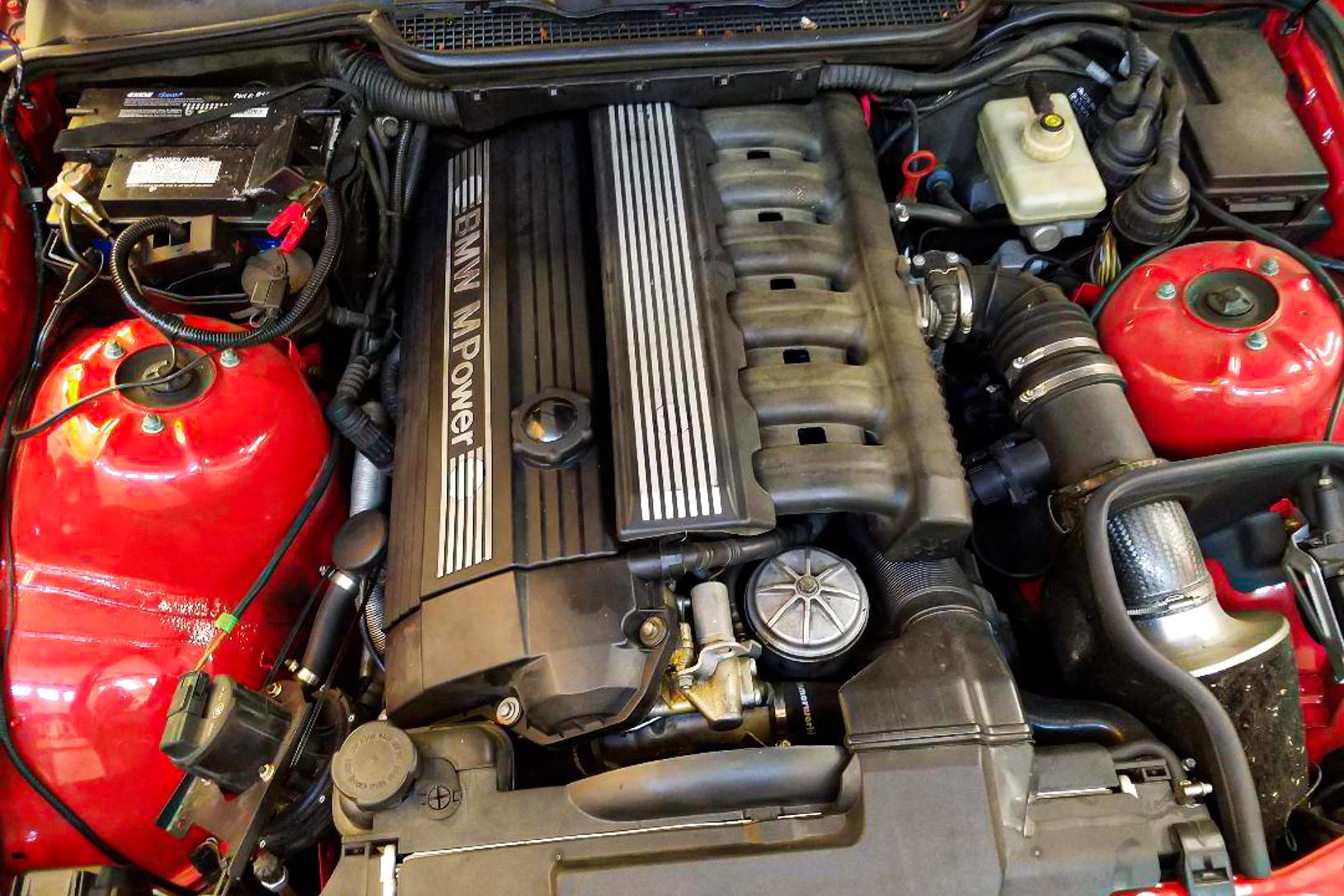Why the BMW 318ti Is a Leading Choice for Cars And Truck Enthusiasts
Why the BMW 318ti Is a Leading Choice for Cars And Truck Enthusiasts
Blog Article
Essential Factors To Consider for Selecting the Best Engine for Your Demands
In the world of picking the excellent engine to meet your demands, several critical factors demand precise factor to consider to make certain optimum efficiency and effectiveness. From the nuanced balance in between power and performance to the often-overlooked facets of maintenance and service requirements, each element plays a crucial role in determining the most ideal engine for your specific demands.
Power and Performance
When assessing engines for ideal efficiency, it is crucial to prioritize both power output and performance. Power result measures the capability of an engine to generate power, which straight influences its efficiency. A high power outcome is essential for requiring jobs such as sturdy applications or high-speed needs. It guarantees that the engine can deal with the workload efficiently and efficiently. However, power alone is not sufficient; performance plays a substantial function in figuring out the general performance of an engine. Efficiency describes exactly how well the engine converts gas into usable energy. A a lot more efficient engine will certainly supply far better mileage, reduced emissions, and lowered operating expense. Striking the right equilibrium between power result and effectiveness is vital to picking an engine that satisfies your specific requirements. It is vital to think about factors such as the meant use of the engine, environmental impact, and long-term expense ramifications when making this decision. By very carefully reviewing both power and efficiency, you can pick an engine that delivers optimum performance and satisfies your requirements efficiently.
Gas Effectiveness and Economic Climate
Fuel efficiency refers to the engine's ability to transform gas into power with marginal waste, straight influencing operating expenses and environmental sustainability. Engines with higher gas effectiveness not only decrease gas expenditures however likewise decrease carbon exhausts, adding to a greener operation.
Compatibility and Application
Thinking about the gas efficiency and economic climate of an engine, the following essential element to address is its compatibility and application within details operational contexts. Compatibility refers to exactly how well the engine incorporates with the overall system or devices it powers.
In addition, the application of the engine is equally important. Various engines are made for particular purposes, whether it be industrial machinery, aquatic vessels, autos, or power generators. Understanding the designated application enables the selection of an engine that can deliver the necessary power outcome, torque, and functional features. As an example, a high-revving engine designed for performance cars would certainly not be ideal for sturdy construction equipment that requires high torque at low rates.
Upkeep and Solution Requirements
Maintenance and solution demands play an important duty in guaranteeing the durability and optimum efficiency of an engine. Regular maintenance is important to avoid failures, expand the lifespan of the engine, and maintain its effectiveness. When selecting an engine, it is browse around this site essential to consider the producer's advised maintenance routine and the availability of solution centers or qualified specialists.
Aspects such as the frequency of oil changes, filter substitutes, and total inspections can substantially influence the engine's efficiency. Some engines may need even more constant maintenance based upon their layout and use, while others might have longer intervals between maintenance checks. It is crucial to abide by these service needs to stay clear of pricey repair services and unexpected downtime.

Expense and Budget Factors To Consider
Spending plan restrictions typically play a considerable function in the decision-making procedure when choosing an engine for a particular application. When considering the cost and spending plan ramifications of picking an engine, it is vital to examine not only the first acquisition price however also the long-lasting expenditures connected with upkeep, fuel intake, and potential upgrades or repair services. It is essential to strike an equilibrium between the ahead of time cost of the engine and its general lifecycle prices to guarantee that the picked engine remains economically lasting throughout its operational life expectancy.
Factors such as fuel dependability, effectiveness, and longevity can directly impact the overall expense of possession of an engine. While an extra expensive engine may have higher in advance expenses, it might possibly cause reduced upkeep and gas costs in time, therefore supplying far better value over time. Furthermore, thinking about the schedule and price of extra parts, in addition to the simplicity of maintenance and service, can help prevent unexpected financial strain in the future. By carefully assessing these expense and budget plan considerations, you can make an Check This Out informed decision that straightens with your operational needs and economic restrictions.
Conclusion

Gas efficiency refers to the engine's capability to transform fuel into power with very little waste, straight affecting operating prices and environmental sustainability.Aspects affecting gas efficiency consist of engine style, burning effectiveness, and total performance optimization. Additionally, choosing the appropriate gas type and quality as advised by why not try these out the engine maker can additionally boost effectiveness and extend engine life expectancy.
Engines with excellent service attributes and conveniently offered components can lower maintenance costs and reduce the time the engine is out of procedure - bmw 318ti. It is essential to strike a balance between the ahead of time cost of the engine and its overall lifecycle expenses to make sure that the selected engine continues to be economically lasting throughout its operational life-span
Report this page